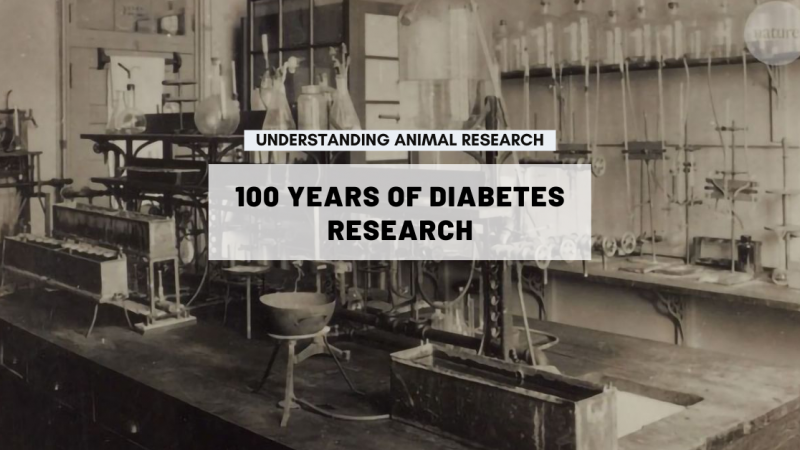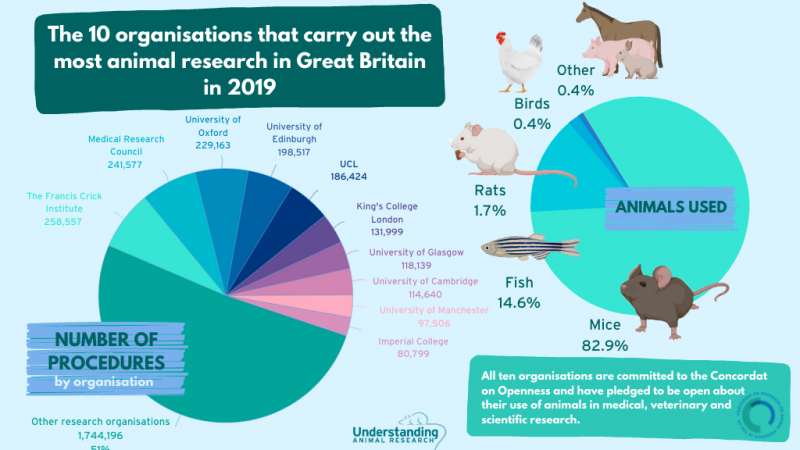 Scientists have identified a new hormone and found that it can protect against Type 2 diabetes in rats. The disease, which is often the result of lifestyle and develops in adulthood, is a major health challenge facing Western countries. Medicines that could be given to high-risk people to protect them against the disease would mean massive cost savings for health systems and improved lives for those at risk.
Scientists have identified a new hormone and found that it can protect against Type 2 diabetes in rats. The disease, which is often the result of lifestyle and develops in adulthood, is a major health challenge facing Western countries. Medicines that could be given to high-risk people to protect them against the disease would mean massive cost savings for health systems and improved lives for those at risk.
The team identified a hormone called TLQP-21 inside beta cells, a type of cell within the pancreas that produces insulin to regulate blood glucose levels but are destroyed in the early stages of diabetes. They gave the hormone to rats predisposed to Type 2 diabetes and saw marked improvements in both insulin production and blood glucose levels. Fewer beta cells died in treated animals compared to untreated controls.
The hormone acts in a similar way to glucagon-like peptide-1, which is already targeted by existing type-2 diabetes drugs. Tests on human beta cells in the lab showed that the hormone had the same effect as in isolated rat beta cells. The whole animal studies suggest that the experimental drug could have fewer side-effects than current treatments.
Further work is needed to understand the underlying mechanisms before TLQP-21 can be developed as a medicine. The team also plan to look at its use for Type 1 diabetes, which mainly affects children and is not lifestyle linked.
Last edited: 11 March 2022 15:27




